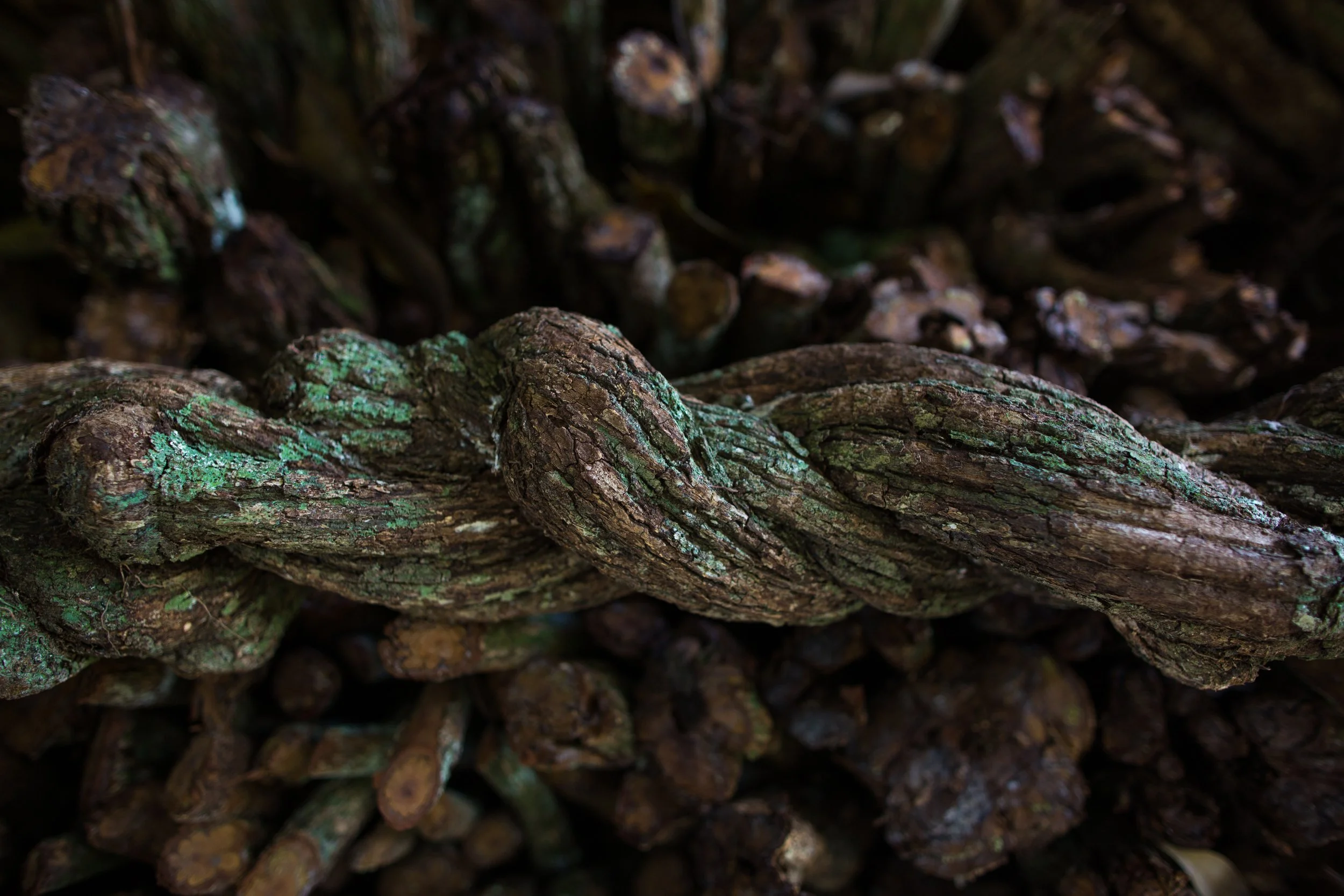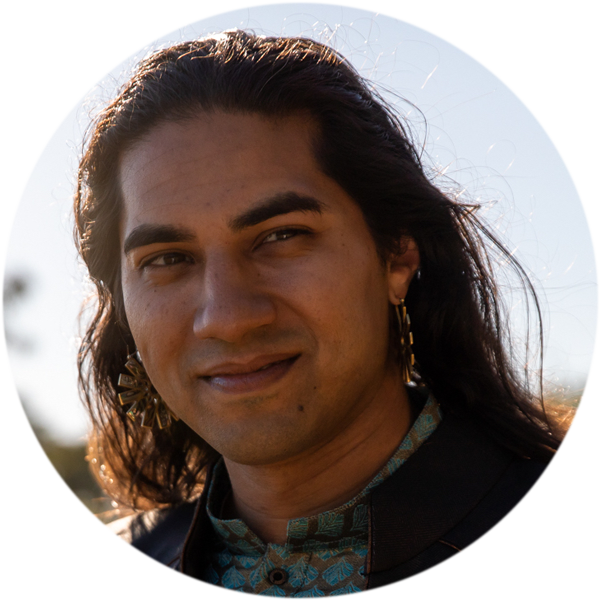ISMAIL LOURIDO ALI on Building Informed Drug Culture /335
A spiraling vine of Banisteriopsis caapi, also known as yagé. It is commonly used as an ingredient of ayahuasca, a decoction with a long history of entheogenic use; photo by Bankerok.
In a profoundly informative and thought-provoking episode, returning guest Ismail Lourido Ali considers how we can create spaces for people to safely explore themselves and their consciousness. Ismail’s work to build an informed drug culture calls us to consider the ways we might prioritize balance and humility in conversations over moral judgment and cultural shame. Focusing on moving away from repression, the conversation weaves together nuanced ideas about pleasure, education, and societal structures.
Ismail’s approach to drug policy centers around finding spaciousness as an advocate, and making room for the growing body of knowledge around the uses, harms, and benefits of drugs. He invites listeners to dream of a conscious, compassionate, and safe world in which justice, peace, and balance are prioritized. How might the practices of harm-reduction and substance education expand to create a society that makes space for deep emotions, for crisis support, and for holistic healing?
“How do we fit these modalities [into our society] that increase our vulnerability, that increase our tenderness? How can we safely bring these into a world that is so brutal to our tenderness?”
Photo of Ismail Lourido Ali, JD
Ismail Lourido Ali, JD (he/him or they/them) is the Director of Policy & Advocacy at the Multidisciplinary Association of Psychedelic Studies (MAPS, has been personally utilizing psychedelics and other substances in celebratory & spiritual contexts for over fifteen years. Ismail works with, is formally affiliated with, or has served in leadership or board roles for numerous organizations in the drug policy reform ecosystem, including Alchemy Community Therapy Center (formerly Sage Institute), Psychedelic Bar Association, Students for Sensible Drug Policy, Chacruna Institute, and the Ayahuasca Defense Fund.
♫ The music featured in this episode is “Desparrama Amarillo” by Santiago Cordoba, “Badlands” by Public Access, and “Bloom” by Camelia Jade.
Episode References
MAPS (Multidisciplinary Association of Psychedelic Studies)
New Study Estimates Over 5.5 Million U.S. Adults Use Hallucinogens - Columbia university Mailman School of Public Health
For The Wild aims to be a gathering place for ideas and solutions ensuring that the growing body of work that we steward remains accessible to the public. If you want to see us continue, or perhaps are especially moved by the episode you are listening to today, please become a monthly sustaining member through our Patreon or consider making a one-time donation directly to us through our website. To stay up-to-date on our work, sign up for our newsletter.



For The Wild is a slow media organization dedicated to land-based protection, co-liberation, and intersectional storytelling. We are rooted in a paradigm shift away from human supremacy, endless growth, and consumerism. As we dream towards a world of grounded justice and reciprocity, our work highlights impactful stories and deeply-felt meaning making as balms for these times.